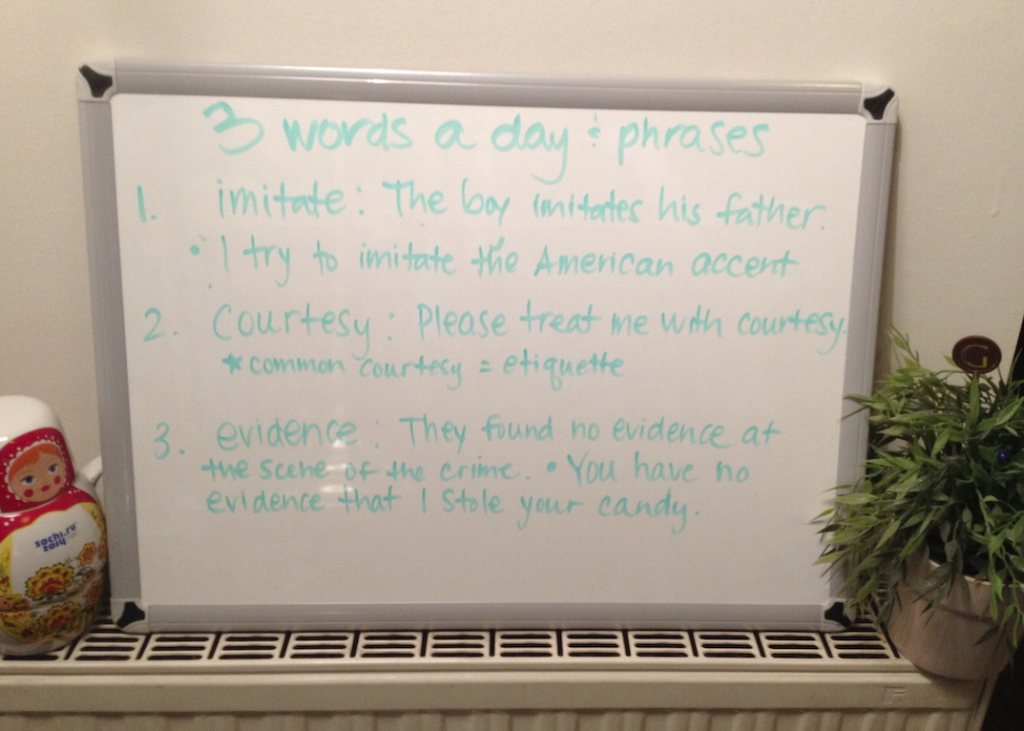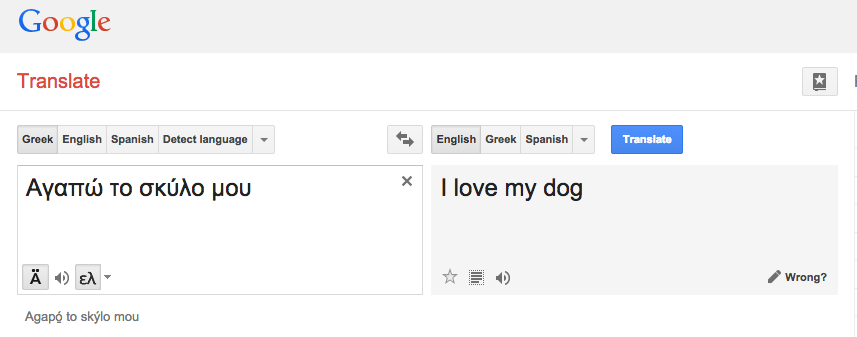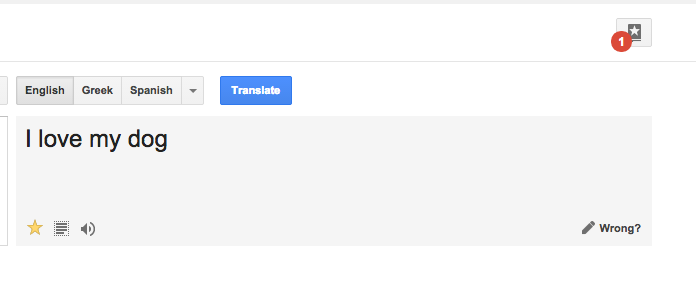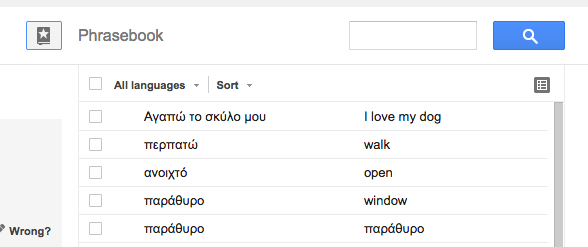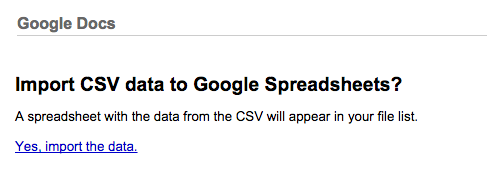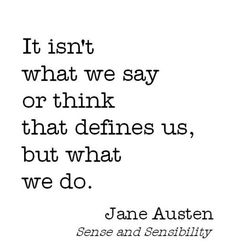Learn Real English: 9 Words for this Holiday Weekend
Learn Real English: 9 Words for this Holiday Weekend
Today, and this weekend, is a holiday in many countries. A friend and I decided to go on hike in the beautiful village of Deep Cove, near Vancouver. As a result of it being a holiday weekend, here are some words I was thinking about and want to share with you!
1. Long Weekend
A ‘long weekend’ is a 3 day weekend, instead of the normal 2 day weekend. This weekend the extra holiday day is today, Friday, so the weekend is Friday, Saturday and Sunday. People here LOVE long weekends!
2. Spring Break
‘Spring Break’ is usually one or two weeks where students do not have to go to class during the spring season. A ‘break’ is a time of rest from work, so this is a time when students rest from their work as students!
3. Get away

Many people who work or study love the long weekend or their spring break because they can ‘get away’ – which means to be free from their work and go far away from their work or the normal stress of their lives! Today there were many people on the hike who wanted to “get away”.
4. Escape the Rat Race


Image credit to artist Polyp.
Many people want to get away on long weekends to escape the rat race for a while. People work very hard and the opportunity to get away from their hard work is very welcome!
5. Unwind

People who are feeling very tired of the rat race and who need a break often say they need to ‘unwind’ (pronunciation of wind is not like the noun, the verb is pronounced,/waɪnd/ ) The idea of unwind is to relax a body that is feeling tight and stressed.
6. Crowds and Crowded

Crowded (adjective) – when there are too many people
When my friend and I were on the hike today, there were so many people that wanted to get away on their long weekend that the hike was VERY crowded!
7. Parking Spaces

It was not only the hike that was crowded! When we arrived to the village of Deep Cove we had to drive around for almost 30 minutes to find a parking space!
8. Traffic Jam

We were lucky in one way. It was a very busy day, but we did not get stuck in any traffic jams. I am sure that in other parts of the city and other parts of the world there were many traffic jams on this busy long weekend, but we got away with no traffic jams!
9. Bumper to Bumper

Another adjective phrase we often use to describe a traffic jam is bumper to bumper. We did not experience a traffic jam today, or see any bumper to bumper traffic.
I hope you enjoyed this long weekend/Spring Break vocabulary lesson. Please share below on Facebook, Twitter, Pinterest, Google Plus or wherever your friends are who need vocabulary help! You can also follow me on Facebook, Twitter, Pinterest or Google Plus to continue to get posts about English language learning. Thank you and I hope some of you can join me this summer on an English Language Intensive Travel Experience to learn more Real English!
This and more helpful articles can be found here > http://englishretreats.ca/learn-real-english-9-words-for-this-holiday-weekend/

